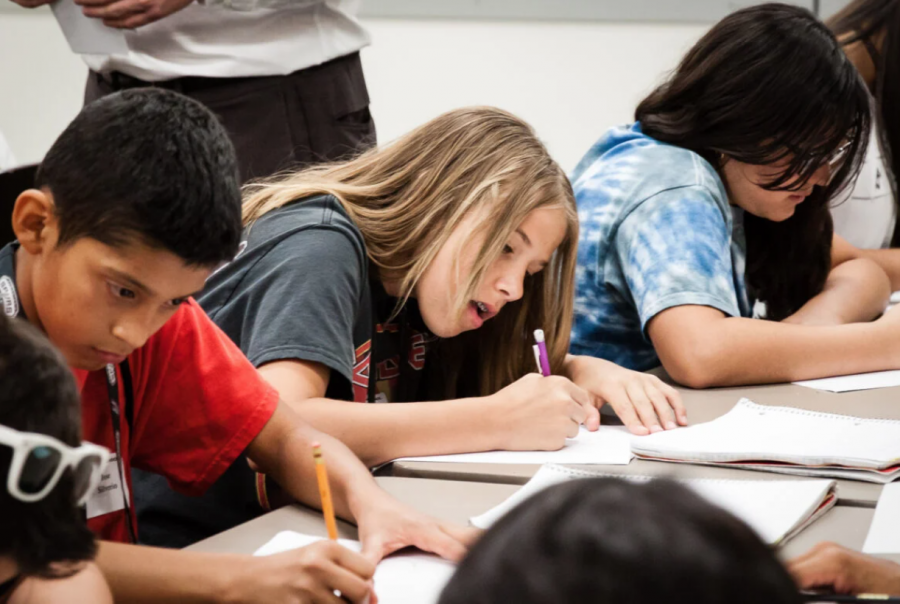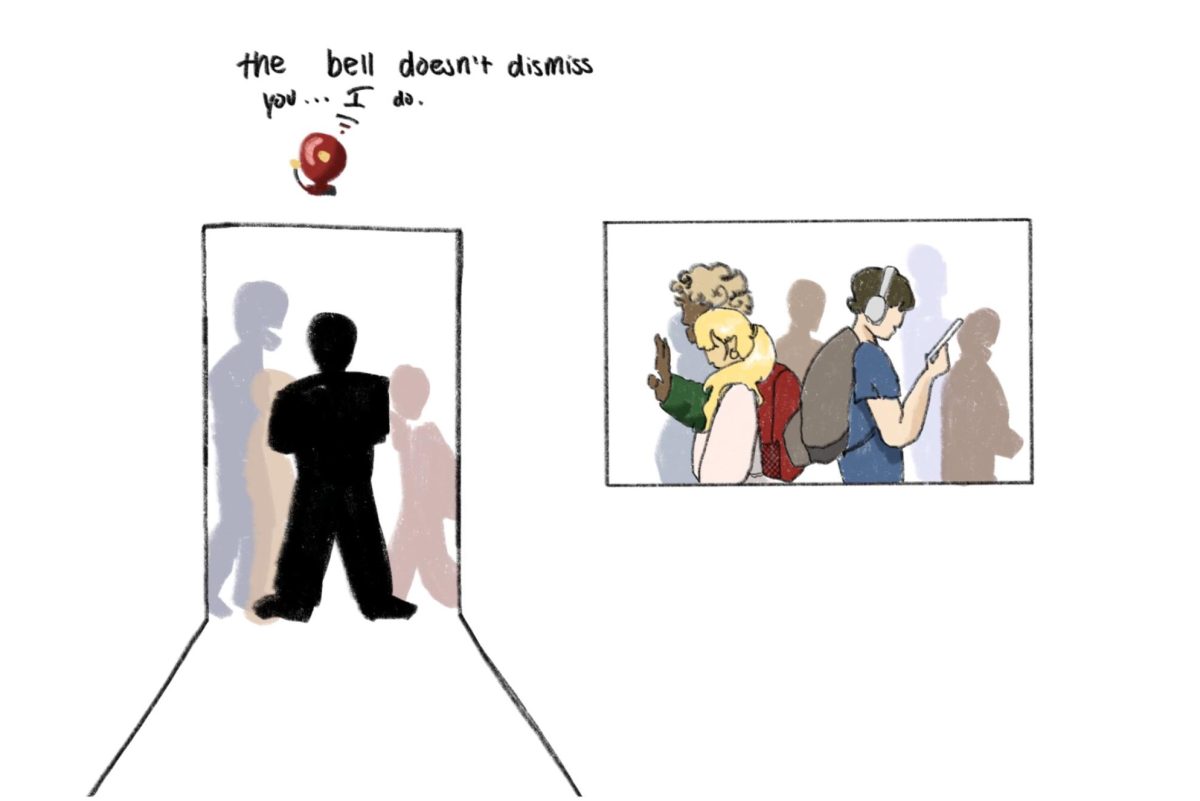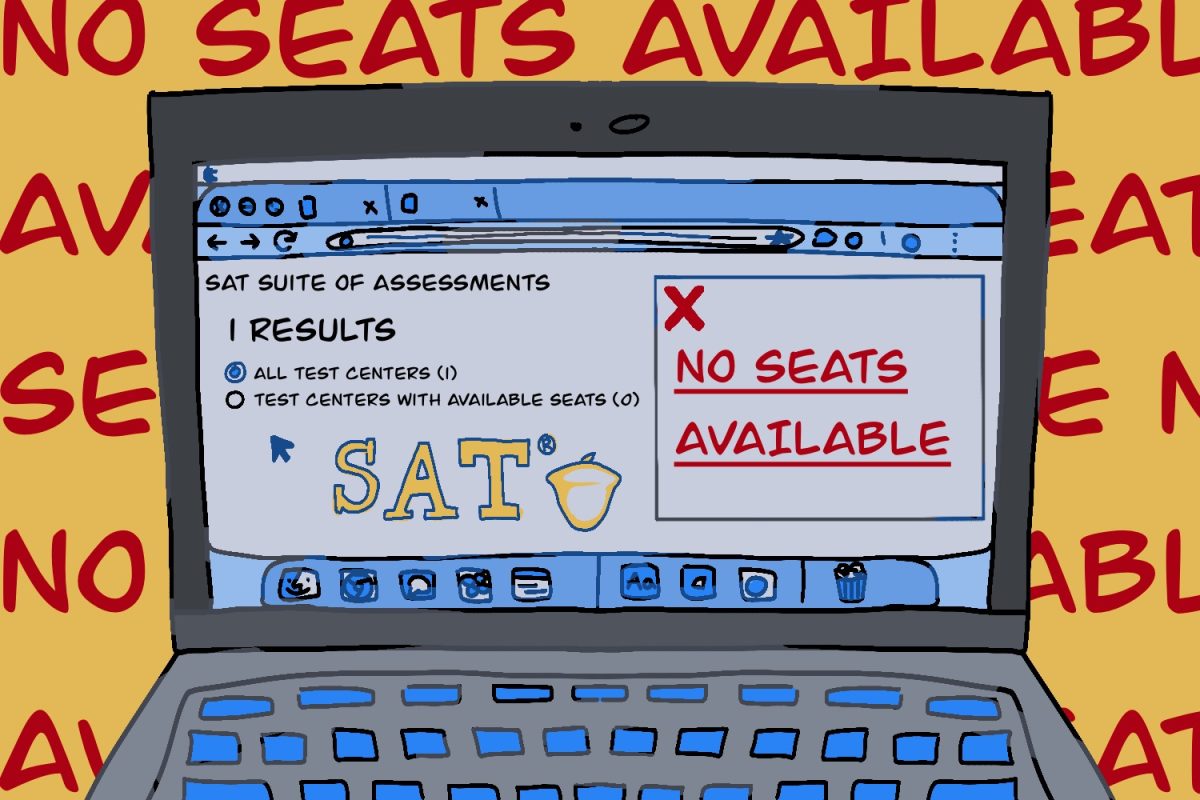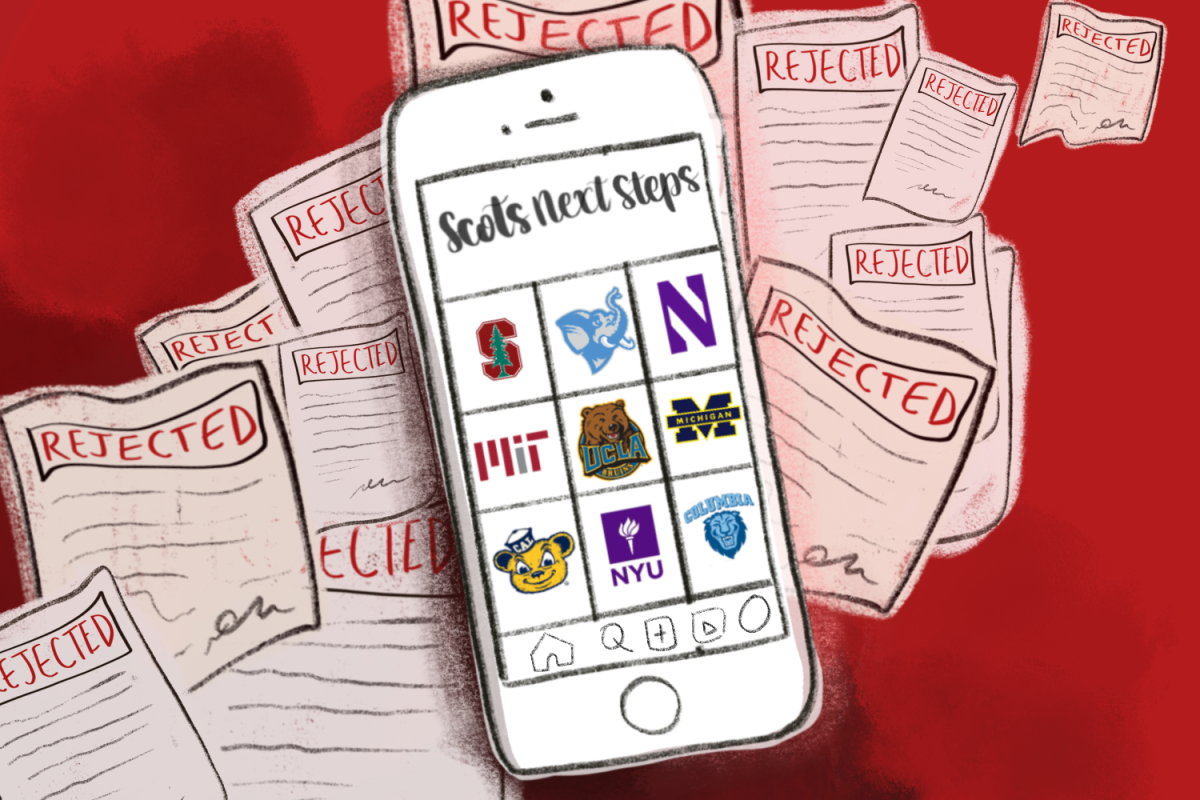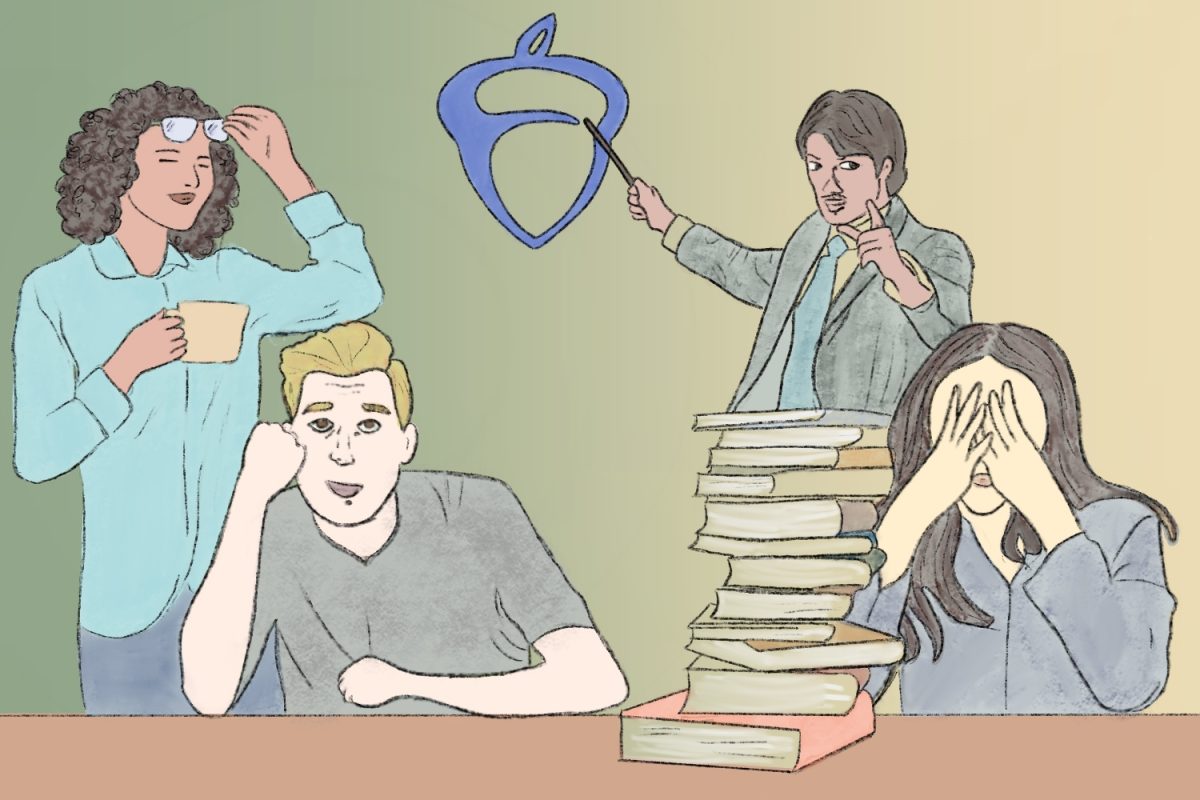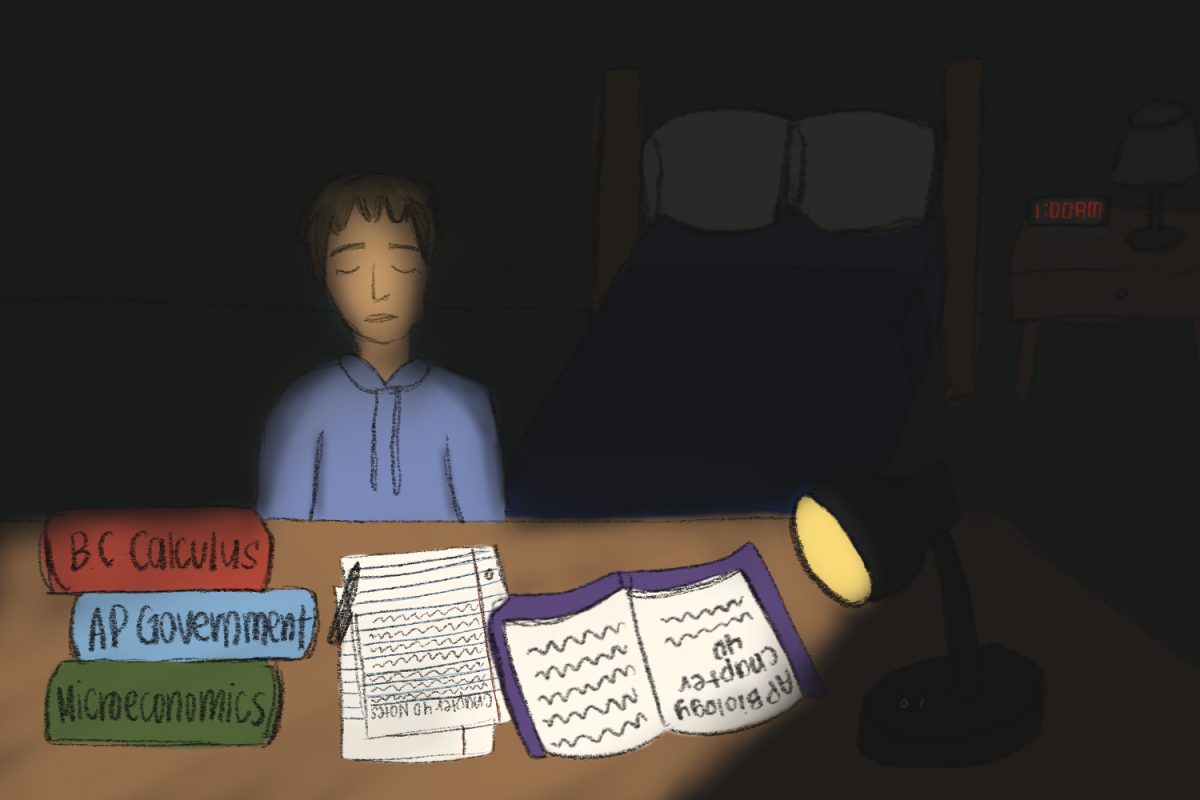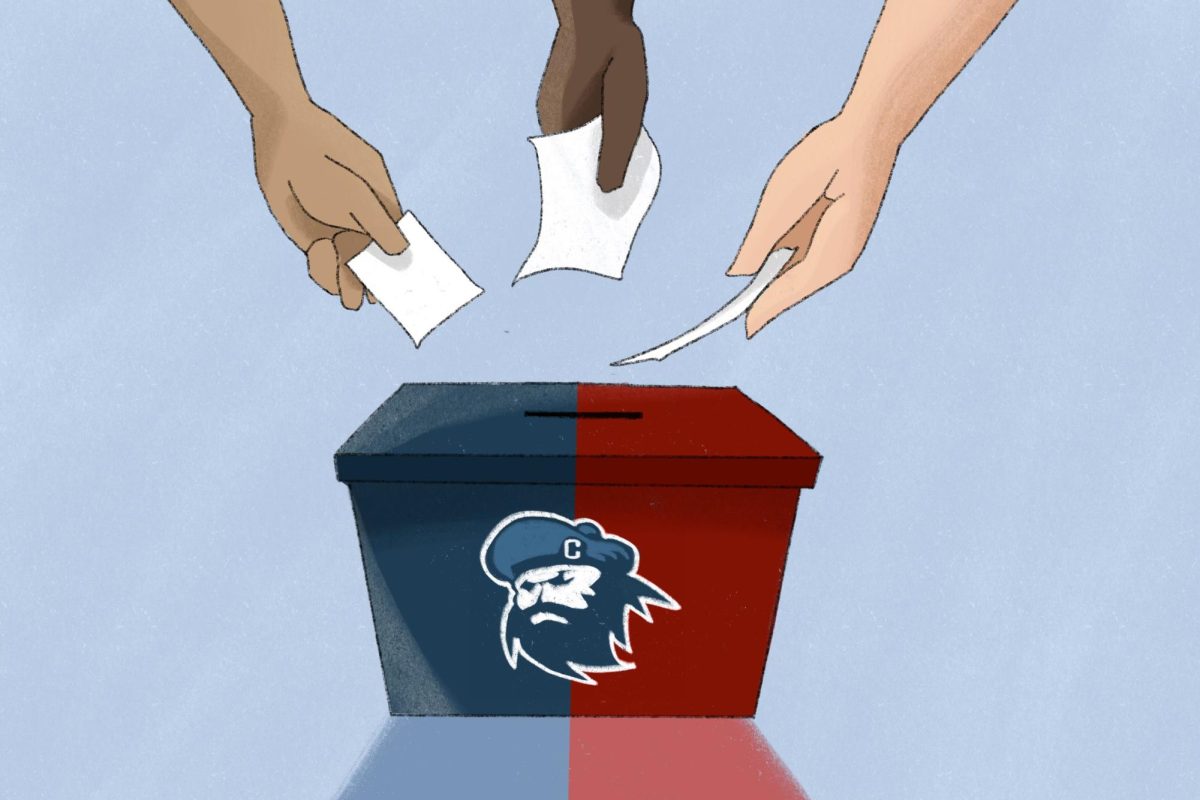Go to school. Get a job. Be successful.
“Good morning!”
It’s the Monday back from Spring Break for a classroom of kindergarteners.
The teacher greets all of the students as they enter the Zoom meeting. But one student, not used to the buttons after a week-long break, becomes overwhelmed.
The teacher starts to take attendance and asks all students to unmute and talk about their break once their name is called. But these rapid interactions leave one student confused and stunned.
The teacher begins a lesson on counting numbers and happily answers questions as they go along. But one student, who struggles with communicating information, struggles back at home.
“Learning disability” is an umbrella term that covers several challenges students can face. Because of genetic or neurobiological factors, students with learning disabilities often have trouble with organization, time management, comprehending information, and more.
But drilled into many children from a young age is this mantra: elementary school, middle school, high school, college, get a job, be successful. And when a student feels like they are slipping behind because they just don’t get it, they start equating their learning disability with failure.
How am I ever going to be successful if my dyslexia makes it hard to read?
There is a distinction between learning disabilities and developmental or mental disabilities. For example, while a student diagnosed with autism spectrum disorder, a developmental disability, may have challenges with learning, their challenges aren’t limited to inside the classroom.
Still, when placed in a school setting, any student that is not “normal” can fall behind.
According to the National Center for Learning Disabilities, students with disabilities are 85% more likely to be held back or repeat a grade. This makes them five times more likely to drop out of school, and that probability only increases for students held back more than once.
By not altering the classroom setting to accommodate those with learning disabilities, one in five children in the U.S. lose their opportunity to learn.
Prior to the 1970s, there was no legal protection for individuals with disabilities. Businesses, schools, and other institutions could refuse access to people without consequence.
Fortunately, the Rehabilitation Act of 1973 prohibited federal entities and programs from discriminating against people with disabilities. This means that public schools and non-profit private colleges cannot use disabilities as a reason for rejection.
The Americans with Disabilities Act of 1990 continued this progress by expanding the legislation to include private (not just federal) agencies as well. This is reflected in the hundreds of thousands of students enrolling in colleges, a pathway that never would have been available to them beforehand.
For example, at Smith College, the percentage of students reporting a disability jumped from 9% in 2008 to 24% in 2017. By breaking down the stigma attached to disabilities and requiring schools to give students accommodations, more children than ever can overcome educational barriers.
But there is still a lot of work to be done to rewrite the decades of discrimination people with disabilities have faced.
For example, the SAT is a criterion required by many colleges during the application process. In recent years, many schools have started to move away from standardized tests because of COVID-19 or other factors, but the SAT still stands as a huge barrier for those with learning disabilities.
Standardized tests like the SAT require students to focus for long periods, work under timed conditions, and have a strong foundation in reading comprehension. While accommodations do exist, only around 2% of the two million students that take the SAT each year request accommodations because of fear of sticking out, according to Education Next.
So, for the kindergarten classroom just coming back from Spring Break, some of those students may never fully overcome the existing educational barriers. Some of them may be stuck forever thinking that they won’t succeed simply because they process information differently.
School should be a place that fosters growth; it should not be a place that inhibits it. Finding ways to bend the “traditional” learning model to benefit the students who learn differently can change a person’s life.
Go to school. Love it. Be happy.
*This editorial reflects the views of the Scot Scoop editorial board and was written by Kaylene Lin

